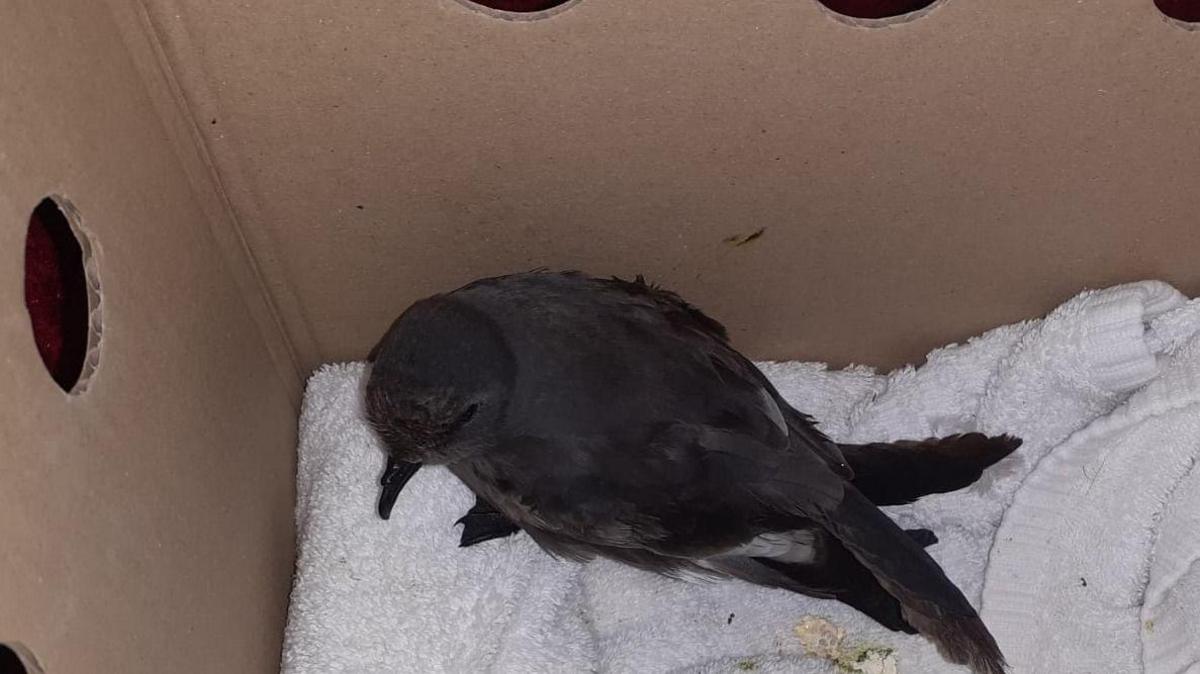Significant decline in seabirds reported on Scilly
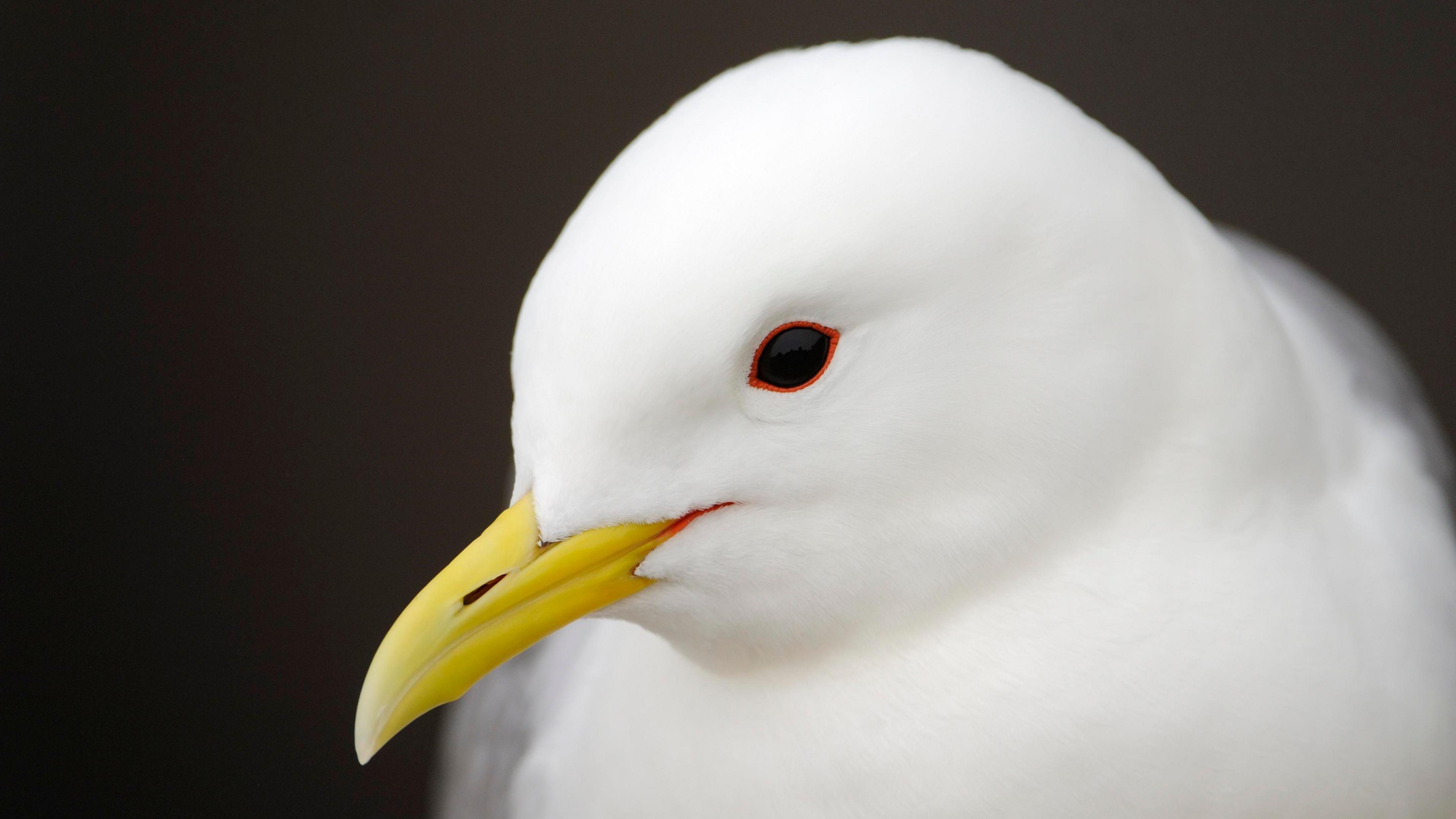
The Kittiwake declined by 72% on Scilly since 2015
At a glance
A new survey by conservationists suggests seabirds on the Isles of Scilly have declined by almost 20% since 2015
The Isles of Scilly Wildlife Trust and the Royal Society for the Protection of Birds (RSPB) said rat removal was proven to help
They have called for more action to enhance and preserve habitats
- Published
The number of seabirds recorded on the Isles of Scilly has declined by almost a fifth in eight years, according to a new study.
A survey by conservationists suggested overall declines of about 18% between studies carried out in 2015 and 2023.
The Isles of Scilly Wildlife Trust (IOSWT) and the Royal Society for the Protection of Birds (RSPB) said action must be taken to restore habitats.
They cited the removal of rats as a successful measure in allowing bird colonies to recover.
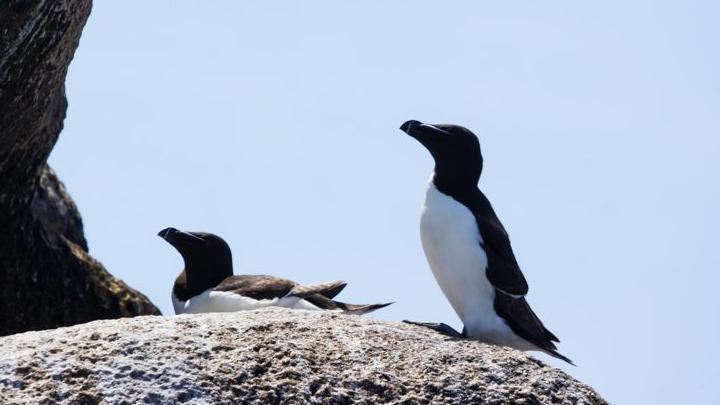
Razorbills have fared better than many species, with numbers increasing by 12% in eight years
Conservationists said there were 6,821 breeding pairs of seabirds in Scilly in 2023, down from 8,292 in 2015.
Common terns have been lost as an annual breeder, with kittiwakes likely to follow soon, the charities said.
There were steep declines in gull populations since 2015.
The islands support one of the largest breeding colonies of shags in the UK, but numbers across the islands have declined by over a third since 2015, in line with national trends.
The findings representing wider issues with the health of our oceans and lack of action to protect nature, conservationists added.
The survey confirms that the islands, about 28 miles (45km) off Cornwall, still hold one of the most significant seabird colonies in England.
Where action has been taken to restore island habitats – for example successful rat removal on St Agnes and Gugh – burrow nesting seabirds have experienced a "remarkable recovery".
Storm petrels and Manx shearwaters have seen significant increases with numbers doubling in the last eight years.
Dr Vickie Heaney, Isles of Scilly Wildlife Trust Seabird Ecologist said the "comprehensive survey" showed "our seabirds are under threat".
She said: "The 2023 results are a call-to-action for collective future island restoration projects if we are to fulfil our vital role as a place of safe breeding for our seabirds."
RSPB conservation officer Paul St Pierre said: "Establishing a funded biosecurity plan for all the islands will make the islands a safer place for seabirds to breed and improve their resilience."
The 2023 survey was carried out in partnership between IOSWT and the RSPB, which co-funded it along with Natural England and the Isles of Scilly AONB Partnership.
Follow BBC News South West on X (formerly Twitter), external, Facebook, external and Instagram, external. Send your story ideas to spotlight@bbc.co.uk, external.
Related topics
Related internet links
- Published13 February 2016
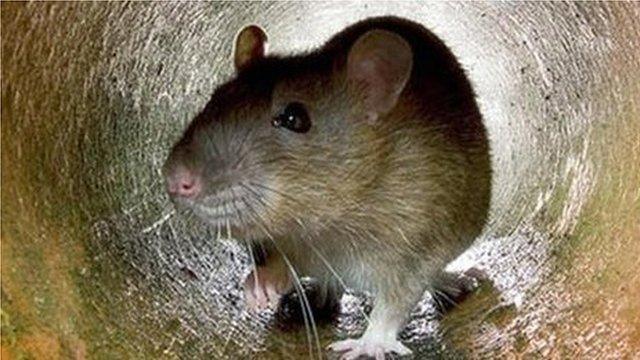
- Published2 February 2022
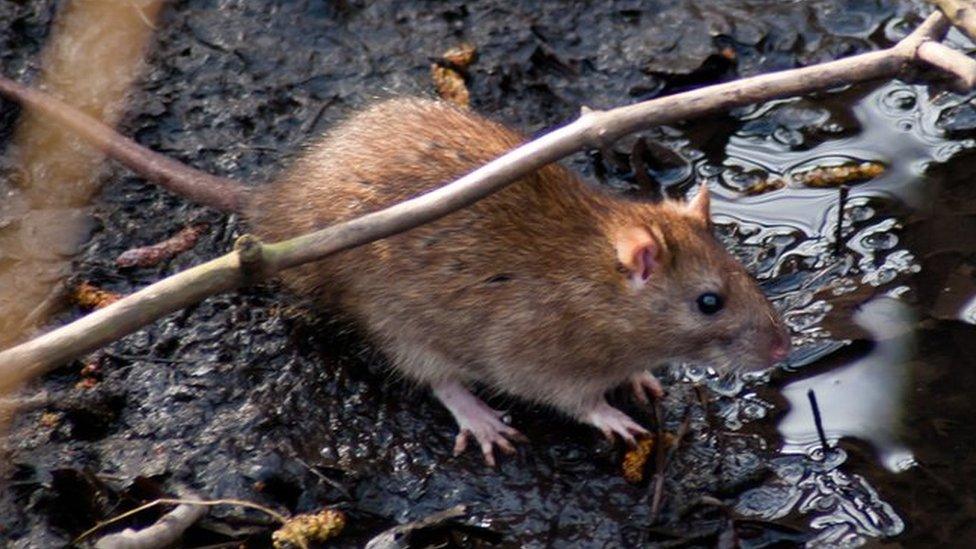
- Published6 February 2023
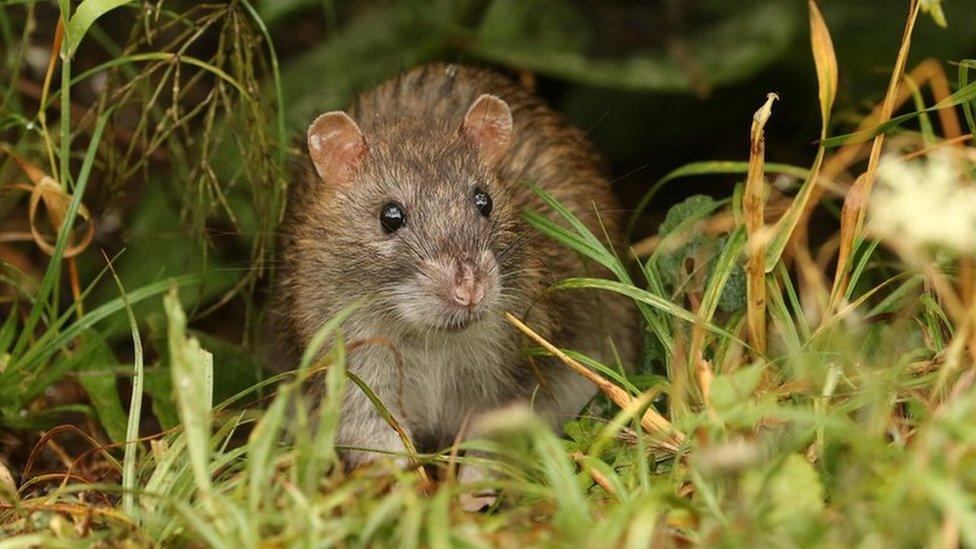
- Published6 November 2023
